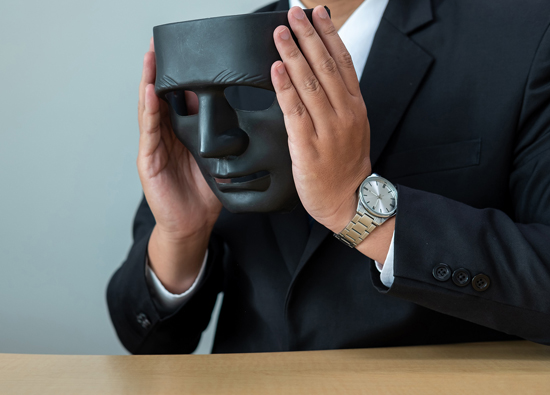04.2021 Life Guide
False statement should bear legal liability
Far eastern New Century Corporation (China) investment / Dong Lin

Law is the bottom line of maintaining social order. In the face of the court, everyone should be cautious. False statements not only will not help to solve the incident, but also will waste social resources, and may even make themselves bear legal responsibility.
Brief introduction to the case
In the case of a company v. defendant B, a court found out that company B entrusted agent ad litem Gao to state that company B did not receive the special VAT invoice issued by company A. However, after the Court went to the tax bureau of X city and X District of the State Administration of Taxation for inquiry, it was found that company B had declared the period of November 2017 on December 12, 2017 and held the invoice to offset the tax. In the trial, the court inquired the defendant company B whether it had received the VAT special invoice or not to its agent Gao, but Gao did not receive the statement. Later, the court explained that if he made a false statement, he had to bear legal responsibility, and asked Gao, the agent of the defendant company, to further verify whether he received the invoice involved in the case to the defendant company in court. Gao, the agent of the defendant company, insisted that he had verified with the defendant company B before the court, and did not receive the invoice involved in the case, so there was no need for further verification.
Court decision
During the trial, the statement of whether the defendant received the invoice involved in the case is obviously inconsistent with the facts verified by the court, which belongs to false statement. This behavior misleads the court and wastes judicial resources. Finally, the court decided that the statement of the parties belonged to the evidence stipulated in the Civil Procedure Law of the people's Republic of China, and the false statement of company B was in line with the situation of "forging important evidence to hinder the people's court from hearing the case" stipulated in the first paragraph of Article 111 of the Civil Procedure Law of the people's Republic of China. In accordance with the provisions of the first paragraph of Article 111, the first paragraph of Article 115, the first paragraph of article 116 and the third paragraph of the Civil Procedure Law of the people's Republic of China, the court decided to impose a fine of 50000 yuan on the defendant company B.
case analysis
The above cases are not individual phenomena. Some people think that it is irrelevant to lie in court. In order to seek benefits, making false statements in court can be prohibited repeatedly. In order to achieve illegal purposes, individual parties even confuse the hearing by means of fraud and falsifying evidence. Lies seem perfect, but they are full of holes. The party who makes false statements is not only difficult to achieve the goal of "winning the lawsuit", but also may face fines, detention and other penalties, and even be sentenced.
#
Brief introduction to the case
In the case of a company v. defendant B, a court found out that company B entrusted agent ad litem Gao to state that company B did not receive the special VAT invoice issued by company A. However, after the Court went to the tax bureau of X city and X District of the State Administration of Taxation for inquiry, it was found that company B had declared the period of November 2017 on December 12, 2017 and held the invoice to offset the tax. In the trial, the court inquired the defendant company B whether it had received the VAT special invoice or not to its agent Gao, but Gao did not receive the statement. Later, the court explained that if he made a false statement, he had to bear legal responsibility, and asked Gao, the agent of the defendant company, to further verify whether he received the invoice involved in the case to the defendant company in court. Gao, the agent of the defendant company, insisted that he had verified with the defendant company B before the court, and did not receive the invoice involved in the case, so there was no need for further verification.
Court decision
During the trial, the statement of whether the defendant received the invoice involved in the case is obviously inconsistent with the facts verified by the court, which belongs to false statement. This behavior misleads the court and wastes judicial resources. Finally, the court decided that the statement of the parties belonged to the evidence stipulated in the Civil Procedure Law of the people's Republic of China, and the false statement of company B was in line with the situation of "forging important evidence to hinder the people's court from hearing the case" stipulated in the first paragraph of Article 111 of the Civil Procedure Law of the people's Republic of China. In accordance with the provisions of the first paragraph of Article 111, the first paragraph of Article 115, the first paragraph of article 116 and the third paragraph of the Civil Procedure Law of the people's Republic of China, the court decided to impose a fine of 50000 yuan on the defendant company B.
case analysis
The above cases are not individual phenomena. Some people think that it is irrelevant to lie in court. In order to seek benefits, making false statements in court can be prohibited repeatedly. In order to achieve illegal purposes, individual parties even confuse the hearing by means of fraud and falsifying evidence. Lies seem perfect, but they are full of holes. The party who makes false statements is not only difficult to achieve the goal of "winning the lawsuit", but also may face fines, detention and other penalties, and even be sentenced.
#





















